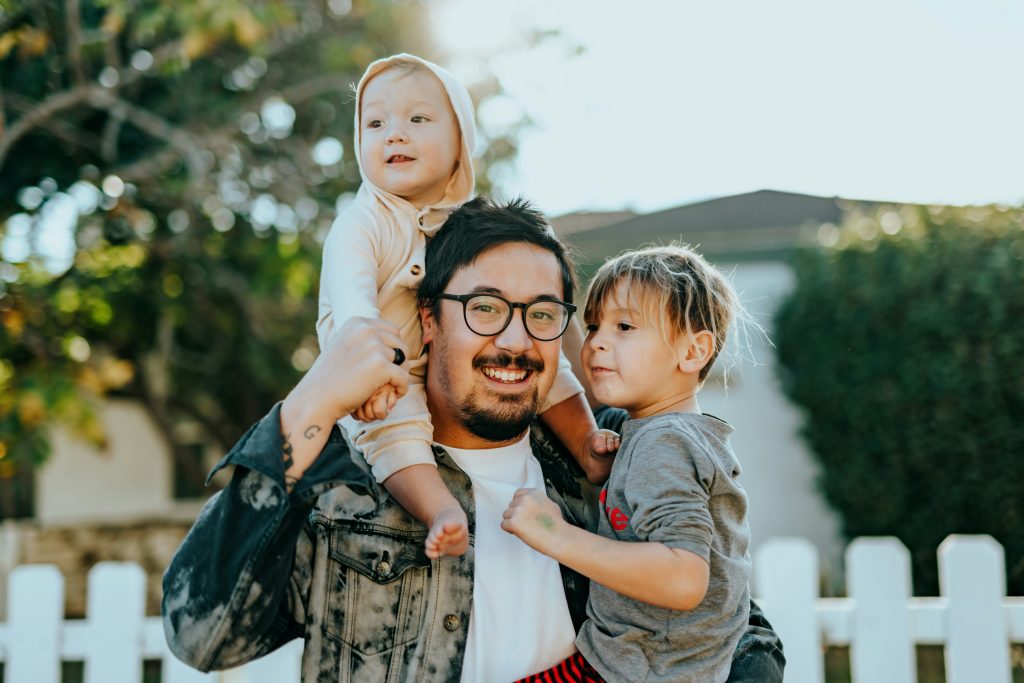While some degree of worry is natural as we age, it’s important to recognize that anxiety disorders are not inevitable in older adults. In fact, anxiety is often overlooked and undertreated in seniors, despite its significant impact on health and quality of life during a time often filled with major transitions and potential stressors.
Anxiety Under a Different Guise
In older adults, anxiety symptoms might manifest differently than in younger populations:
- Physical Focus: Complaints of chronic pain, sleep problems, fatigue, unexplained health issues, or frequent doctor visits can sometimes mask underlying anxiety.
- Cognitive Changes: Increased forgetfulness, confusion, or difficulty concentrating, especially when triggered by specific situations, may indicate an anxiety disorder.
- Mood Shifts: Irritability, restlessness, general pessimism, or loss of interest in activities once enjoyed could be signs of anxiety.
- Behavioral Changes: Social withdrawal, becoming easily overwhelmed, increased dependence on others, or a preoccupation with health and safety are potential red flags.
Why Anxiety Might Overlooked in Seniors
Several factors contribute to older adults not getting the help they need for anxiety:
- Dismissing Symptoms: Seniors themselves and those around them might misinterpret anxiety as normal age-related changes or concerns about health or finances.
- Stigma: Older generations may be reluctant to seek help for mental health concerns due to stigma or feeling like they should be able to “handle it.”
- Co-Occurring Conditions: Anxiety can mimic or exacerbate existing health problems, obscuring the root issue and complicating diagnosis.
Why Older Adults Might be Vulnerable to Anxiety
Older adults face specific stressors and situations that can contribute to or trigger anxiety:
- Loss and Change: Grief due to the deaths of loved ones, changes in roles, moving, and social isolation all increase vulnerability.
- Health Concerns: Chronic illness, fear of disability, and concerns about medical procedures or care are potent sources of worry.
- Cognitive decline: Early stages of memory loss and other cognitive changes can lead to fear, disorientation, and greater anxiety.
- Medication Side Effects: Some medications can cause anxiety-like symptoms, requiring careful review with a doctor.
The Cost of Untreated Anxiety
Untreated anxiety in older adults has serious consequences:
- Worsening Physical Health: Anxiety exacerbates chronic illnesses and increases the risk of developing new health conditions.
- Cognitive Decline: Anxiety can contribute to and worsen symptoms of dementia.
- Reduced Quality of Life: Fear, isolation, and constant worry diminish well-being and enjoyment.
- Increased risk of Falls: Physical manifestations of anxiety can increase the risk of falls and injuries.
Treatment for Anxiety in Older Adults
Older adults experiencing anxiety have every reason to be optimistic. Treatment has significant positive impact:
- Therapy First: CBT and other forms of therapy adapted for older adults are highly effective in addressing worries, changing thought patterns, and teaching healthy coping skills.
- Medication for Support: Antidepressants or anti-anxiety medications can sometimes be beneficial, especially early in treatment or for severe symptoms.
- Holistic Approach: Stress management techniques like deep breathing, mindfulness, gentle exercise, and social connection are crucial alongside traditional treatment.
The content provided herein is intended for informational purposes only and should not be considered a substitute for professional advice or treatment. If you or someone you know is struggling with mental health-related concerns, seek guidance from a qualified behavioral health professional. Click here to get help now. Any links are provided as a resource and no assurance is given as to the accuracy of information on linked pages.

